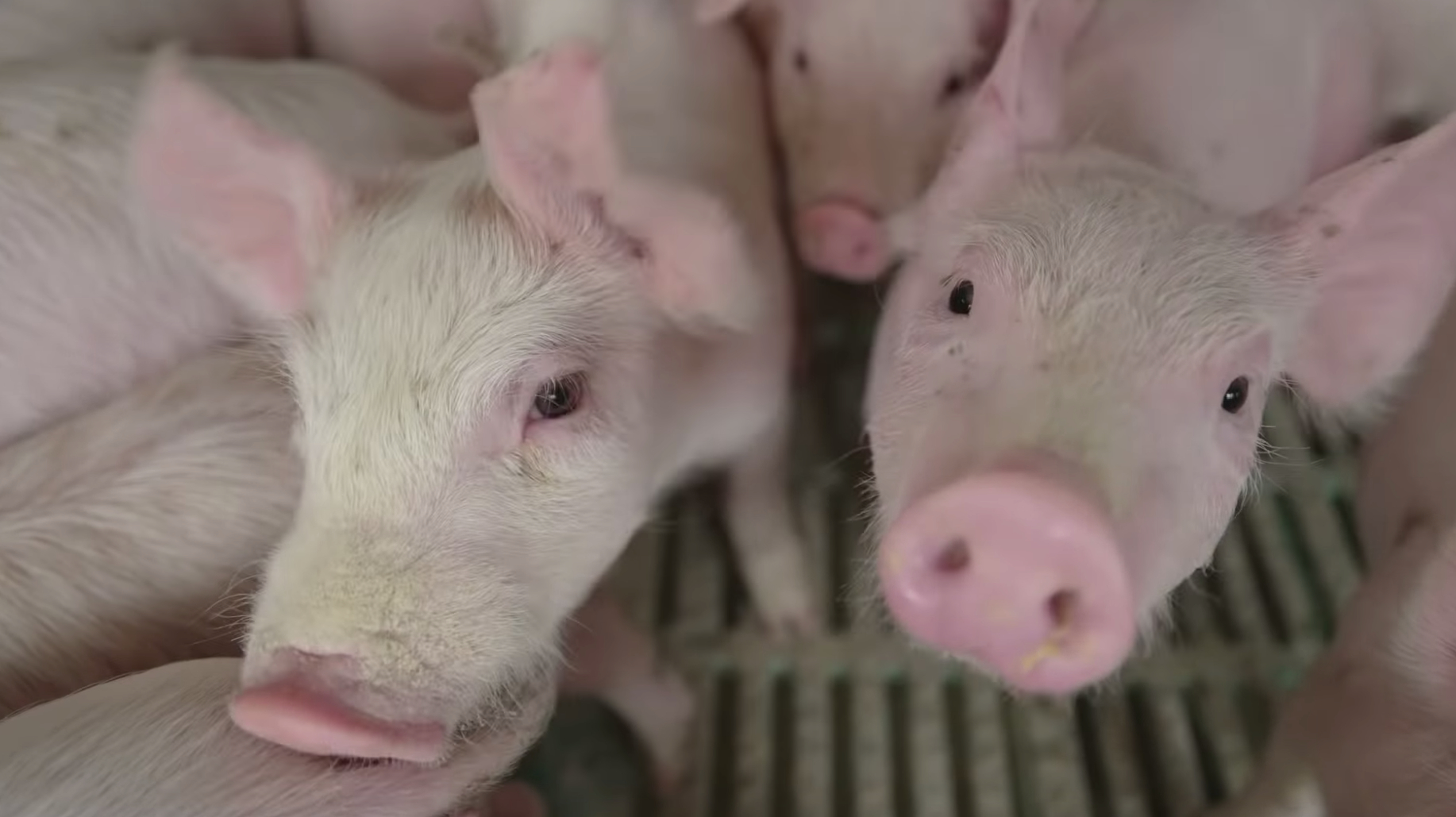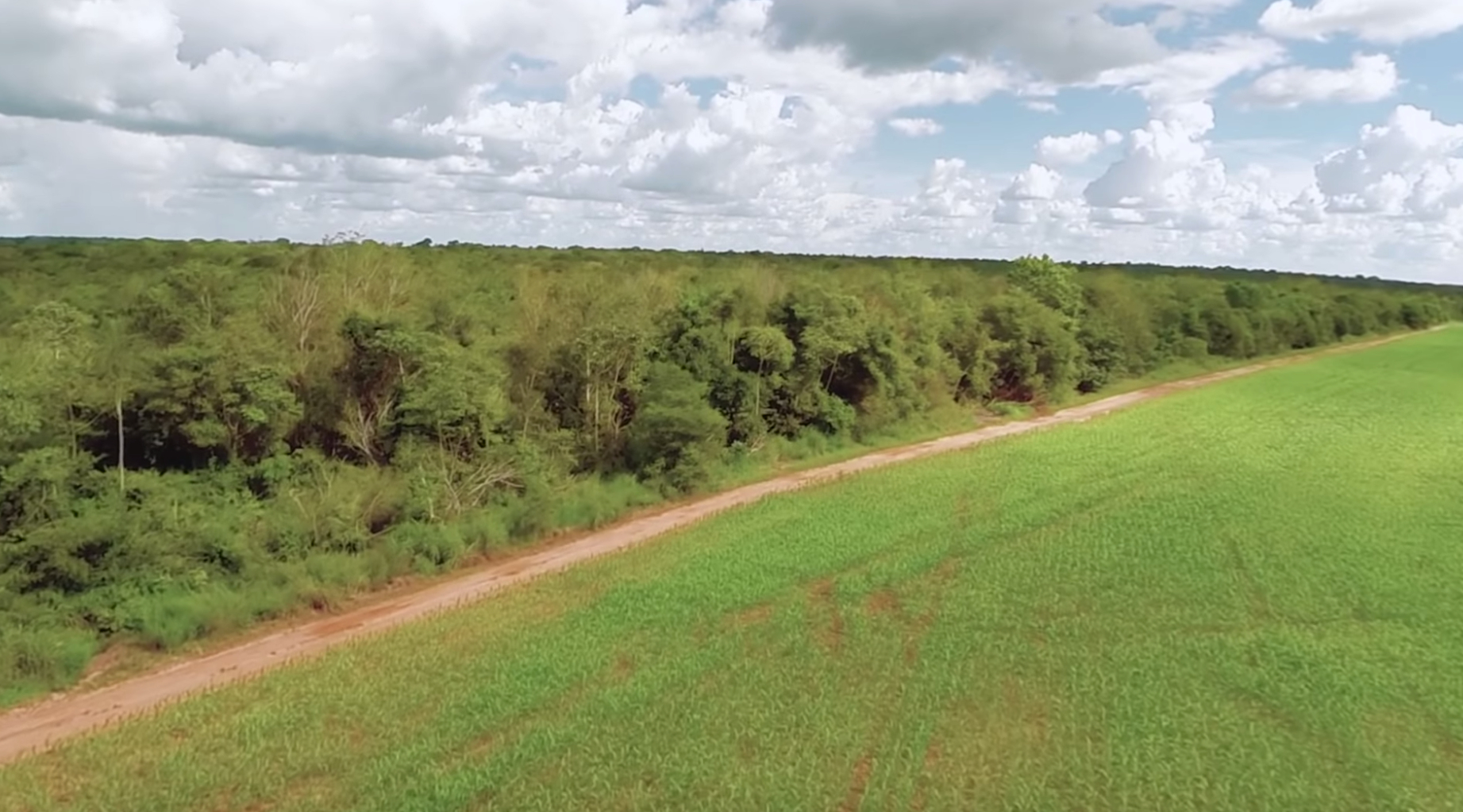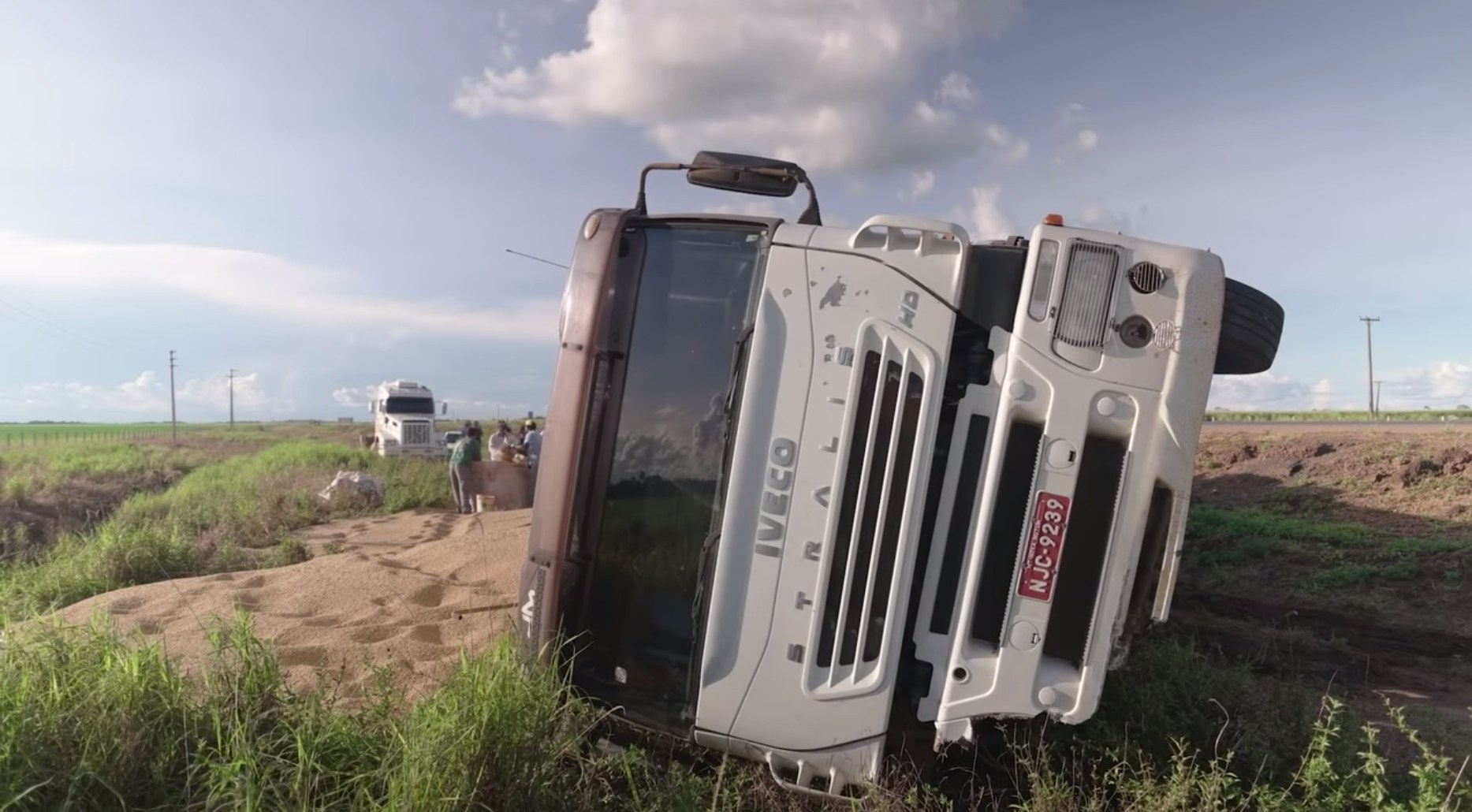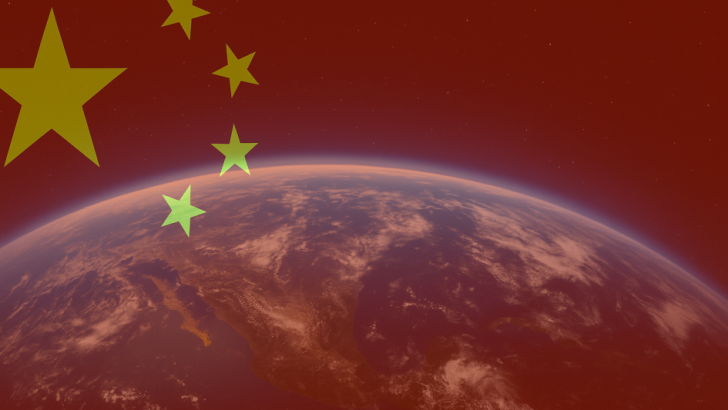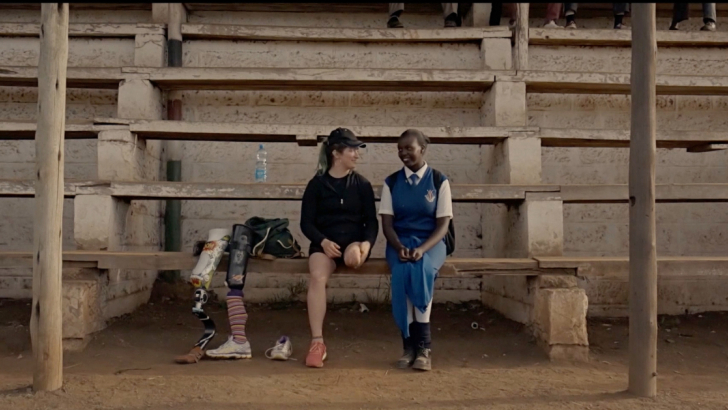Soyalism, il pianeta divorato dalla soia

È stato recentemente presentato a Padova, in occasione dell’Euganea film festival 2019, dove si è aggiudicato il premio Crédit Agricole FriulAdria-Parco Colli Euganei, per aver ben raccontato l’impero mondiale della soia e la filiera della produzione industriale della carne di maiale, in un viaggio dalla Cina agli Stati Uniti, dall’America Latina (con il Brasile, primo esportatore di soia al mondo) all’Africa, analizzando la progressiva trasformazione della produzione dei beni alimentari, oggi nelle mani di una manciata di gigantesche aziende. Si intitola Soyalism ed è il documentario firmato da Stefano Liberti, giornalista e regista italiano, ed Enrico Parenti, regista e direttore della fotografia italoamericano, che, in settanta minuti, fotografa il presente e immagina il futuro di un pianeta sovrappopolato e segnato dai cambiamenti climatici, partendo dall’analisi di numeri e dati, da interviste a ricercatori, attivisti e produttori e, infine, constatando l'aumento delle monocolture di soia che trasformano i paesaggi arrivando a minacciare e distruggere persino la Foresta Amazzonica. Si tratta di un sistema mondiale, oggi strettamente legato all’industria della carne, soprattutto di maiale (la soia è usata come mangime per animali allevati dentro capannoni dall'altra parte del mondo rispetto alle coltivazioni), e che sta divorando le piccoli produzioni locali e devastando l'ambiente.
The environmental impact report, released by Greenpeace, Countdown to Extinction, shows that between 2010 and 2020 at least 50 million hectares of forest, an area the size of Spain, will be destroyed to make room for the industrial production of agricultural raw materials. The report, presented in June at the Consumer Goods Forum (CGF) world conference held in Vancouver, brought together major multinationals in the food sector. By responsibly supplying raw materials such as meat, soy, and palm oil, the members of the CGF committed themselves in 2010 to end deforestation by 2020. Unfortunately, the production and consumption of agricultural products linked to deforestation, such as meat, soy, palm oil, and cocoa soared and continue to increase.
Furthermore, by 2050 global meat production and consumption could increase by 76% and soybean production by 45%. In regards to the Brazilian Amazon, the soy industry has contributed both directly and indirectly to its destruction, the film demonstrates the impact it has made against the largest tropical forest in our world. Between 2004 and 2006, almost 30% of the expansion of soy plantations occurred at the expense of the forest. In 2006, Greenpeace denounced the direct link between the deforestation of the Amazon and the production of soya, managing to define the implementation of a moratorium on soy. A temporary and voluntary commitment not to buy soya that produced at the expense of the Amazon by its traders agreed upon with some civil organizations and the Brazilian government. This moratorium went into effect in 2016, but despite this, the expansion of soy plantations did not stop.
The documentary demonstrates how China is at the center of this story. China is the ultimate destination and absolute leader of the market as they control the movements of the United States, Brazil, and Mozambique. The film challenges the consequences of a global system of an industrial production of meat, rather than local livestock farming. By focusing on the supply chain of soy and pork, the documentary aims to shed light on the exploits and the actions that disrupt countries targeted by these new world food production giants. Ambitiously questioning what will happen by 2050, when the world population reaches 9 billion, and how the current rate of meat consumption will become unsustainable.
This story is an alarming one, both environmentally and socially. Enrico Parenti describes a scene from his documentary as he encounters farmers from Santarém, Brazil, whose livelihoods were destroyed by the amplification of soybean crops, "They say they can't cultivate anything anymore because the insects that flee from the plants that are well-protected from pesticides used by giant manufacturers end up in their small fields. Many farmers have completely stopped producing vegetables, leaving the marketplace to work as laborers or changing jobs. Parenti continues to say,”The situation has been brought hundreds of thousands of farming families to its knees".
Traduzione a cura di Ellen Jane Corcoran







